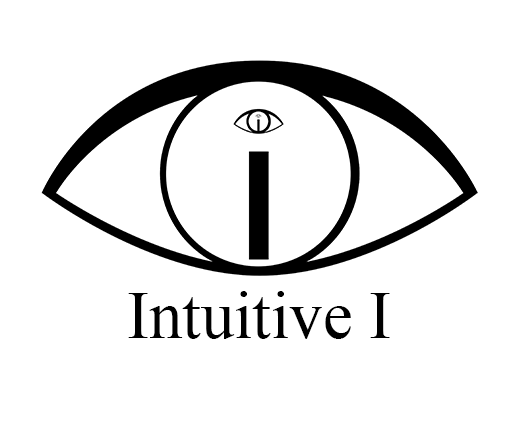So far you’ve chosen Dreamers and Wayfarers.
Below, you will see 2 descriptions.
Read through both and then choose whichever one you feel best fits you (clicking the button below it).
If you feel that neither description fits you, choose the Reconsider button at the bottom of the page.
Starter
Starters tend to have many ideas, and often try to engage “many ideas” all at once (or alternate between them very frequently). Their mind is full of possibilities, and they struggle to keep up with it all. Starters often need to “get their ideas out,” so they share the with others, (often) secretly hoping that the other person may “develop, contribute, or ‘help motivate” the starter, reducing the workload that the starter themselves carries.
Starters often find it easier to “focus” when they are “doing something.” When they are “not busy,” they can feel overwhelmed by the many ideas their mind comes up with. This means starters will often “improvise” or “invent something” so that they can “get started” and achieve the “focus” they desire. (They may also “wander off” to try and “find something” to engage (or observe) and focus on.)
Starters are often very responsible with “themselves, what’s theirs, and their surroundings.”
Structure/In Charge
Structure/In Charge types want “something to manage.” They often “observe something” (it could be a problem, or a situation or status) and quickly develop a plan that they want to execute to “fix” or “make it better.” They are confident about this plan and want/expect others to cooperate. They favor issuing brief, direct instructions.
They tend to believe that there is 1 objectively correct answer (and are confident they know it), so they are often “less interested in what other people think or feel.” They tend to believe that “I know how we need to proceed, so you should listen to me, but (since I already know the correct answer), I don’t need to listen to you.” They can become frustrated if things “move too quickly” or if others “take too much initiative.” (They value control and can micro-manage.)
Some may favor “social/abstract” systems, while others prefer concrete systems (like monetary or technological systems). Some may prefer to “create” new systems, while others favor “testing” and “revising” existing ones.
See-it-Through
See-it-Through types choose something and dedicate themselves to it (either a task or a subject/skill). They are driven to “accomplish something big.” Sometimes it’s a project that they start on their own, sometimes they “look for a project to join,” which guarantees that they are not the only ones who “believe in the project” (reducing the need to recruit).
Once a see-it-through type starts something, they do not “abandon the project” easily. They become very “attached” to the “plan” or “expectation” of how things are going to unfold (i.e. that they are going to finish the project).
If you feel that neither of these descriptions is a good fit for you, click the Reconsider button below to revisit some of your earlier answers.
